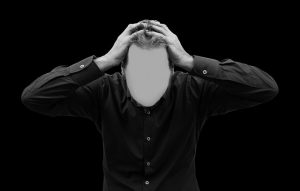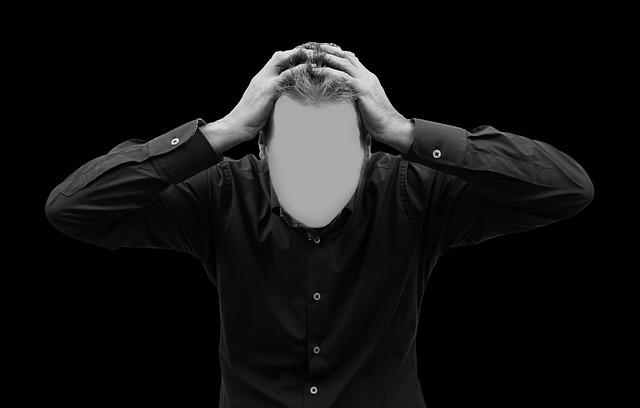
What is the relationship between recovery, relapse and triggers? Addiction. What is “yoga” doing in the title? Yoga brings the keys to self-awareness that help maintain recovery, prevent relapse and release triggers in a healthy way. In order to fully appreciate the benefits of yoga, we have to delve deeper into recovery, relapse, and triggers.To set the stage we first must consider: what is addiction?
- Addiction is a disease, not a moral failing. It is complex because it includes actual brain changes due to use and abuse as well as emotional, physical, and spiritual changes. Brain change happens whether the addiction is a substance OR a behavior, and not all brain changes are the same. Some drugs and behaviors block neural transmission while others flood the brain with transmission signals and impair the body’s natural ability to produce these transmissions. (Images and explanations can be found at srugabuse.gov.)
- The definition of chemical addiction includes a physical dependence on the substance, emotional and/or mental dependence, and the phenomenon of craving. All types of addiction exact a price from the body, the mind and the spirit as well as relationships and / or finances.
- Addiction refers to alcohol, tobacco and other drugs, as well as behaviors such as gambling, shopping, depression, sex, food, and attempting to alleviate chronic pain. The family disease of having a parent, spouse, or child suffering from addiction results in codependency, control issues and self esteem problems among others that can be defined as “Second Hand Addiction disorders ” [Lisa Fredericksen.com].







3 Comments
Thanks. I have recently taken up yoga and making it a part of my recovery program. I’m 18 months sober and looking forward to continuing to grow/discover. Looking forward to subsequent posts. I have one comment for consideration regarding codependency- I think it may be quite common for codependency to exist before a person is involved with an addict/alcoholic – somehow drawn to those who fit their pre-existing needs -not sure that one causes the other. Addicts also likely to be codependent. Of course – these codependent attributes are exasperated in the face of active addiction – but not clear to me that one causes the other. Thoughts?
Hi. I have recently taken up yoga as part of my recovery program. I’m 18 months sober and continue to look foe opportunities to learn/grow and discover. Am interested in subsequent posts. One comment for consideration about codependency. Seems to me that often codependency exists before someone is involved with an addict/alcoholic. People are drawn to those who fit their needs. Not sure one causes the other. Addicts/alcoholics are often codependent too – and not clear that codependency causes addiction or addiction causes codependency. Quite surely- active addiction exacerbates codependency and probably codependency exacerbates addiction – but may not – at least not always – be causal. Thoughts?
Moro
I agree with you 100%, we often say that if you “scratch and alcoholic you will find a co-dependent underneath”. It is, in my opinion, the seed disease. Some people continue with that illness and other, perhaps behavioral addictions like spending or disordered eating, and others move to substances. We all suffer and that is the pain of it being a family disease.